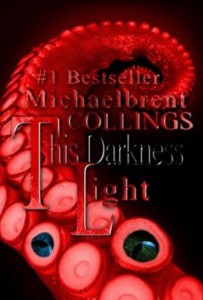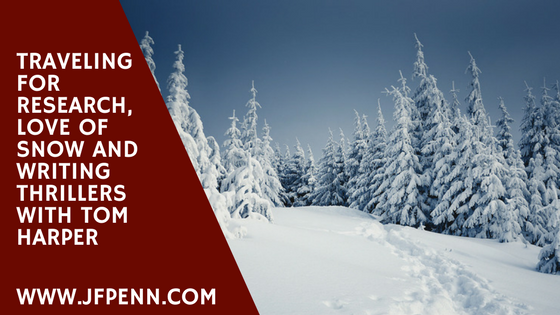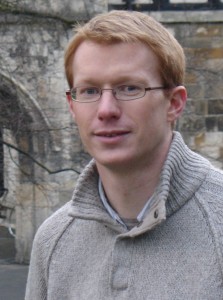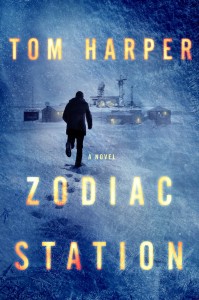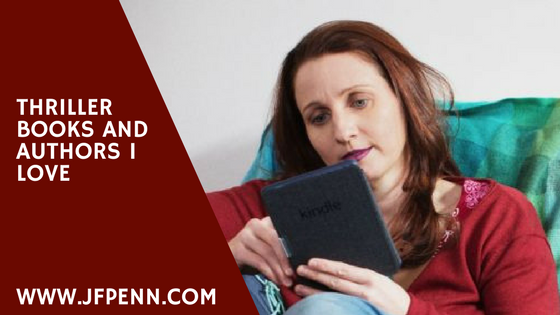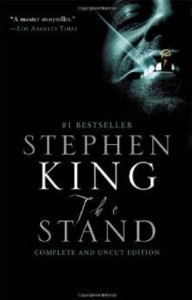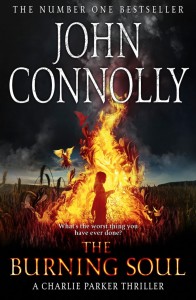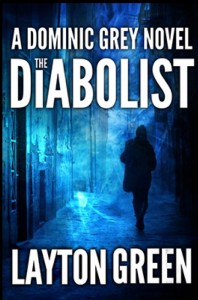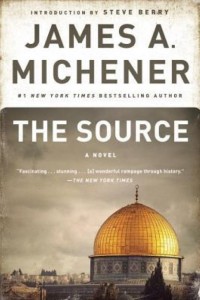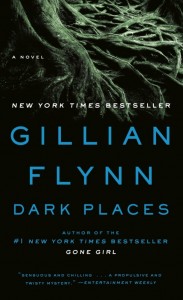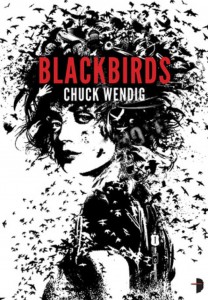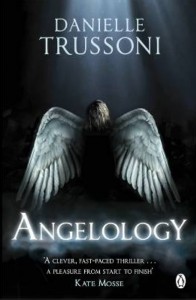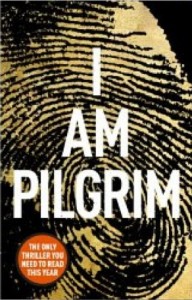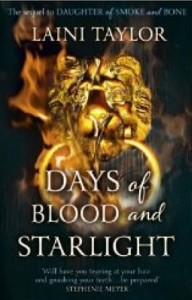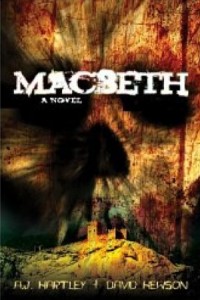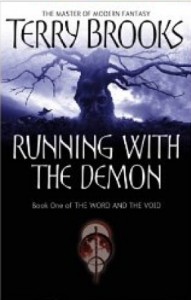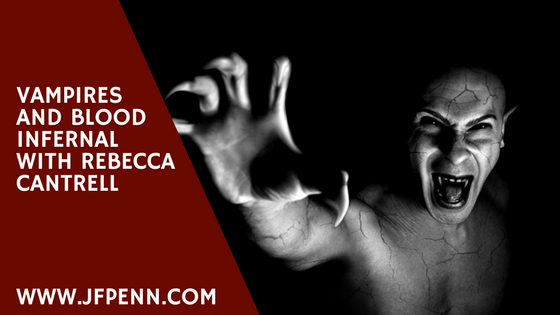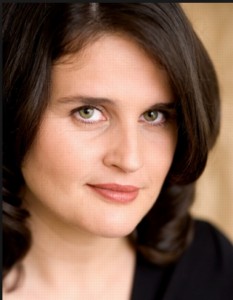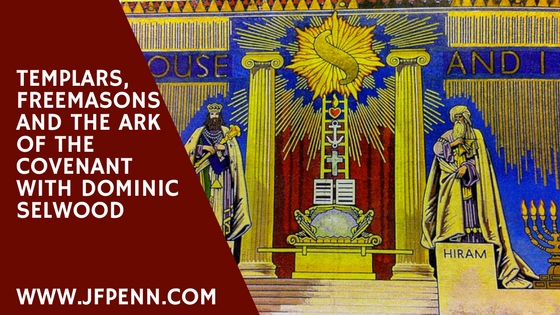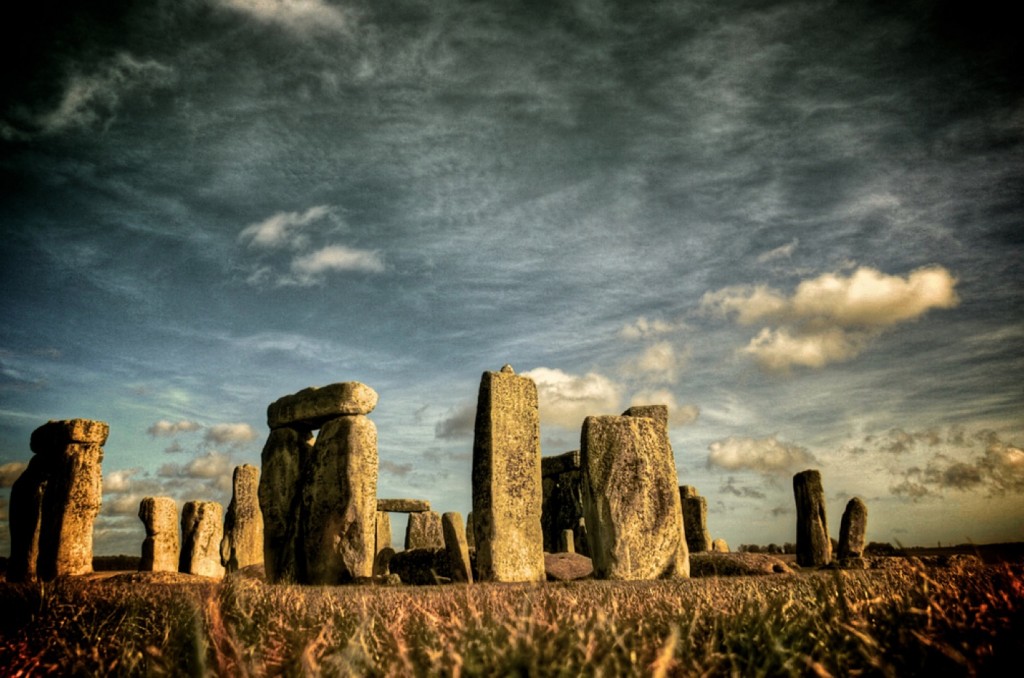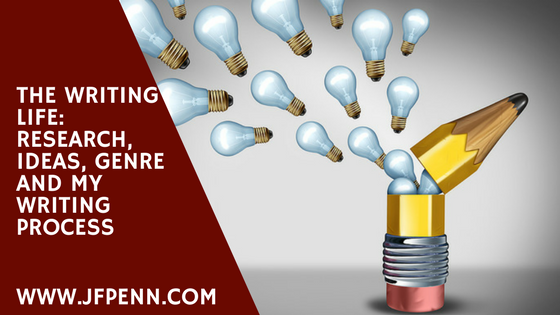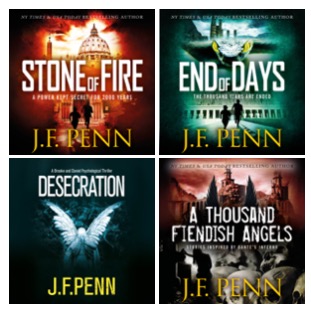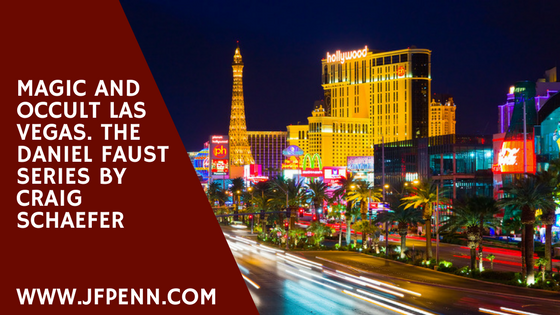 I recently discovered the Daniel Faust series by Craig Schaefer, fantastic books about magic and the occult set in Las Vegas which I highly recommend. Today I interview Craig about his writing.
I recently discovered the Daniel Faust series by Craig Schaefer, fantastic books about magic and the occult set in Las Vegas which I highly recommend. Today I interview Craig about his writing.
Where did the idea for Daniel Faust come from? Do you enjoy magic yourself?
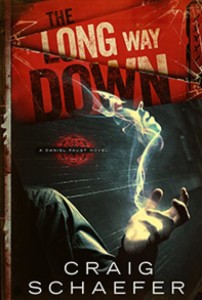 I've been a lifelong fan of both horror and crime fiction, especially the works of Elmore Leonard and Donald E. Westlake/Richard Stark. The Daniel Faust series grew out of an urge to blend those genres, much like chocolate and peanut butter. The results have been satisfyingly tasty so far.
I've been a lifelong fan of both horror and crime fiction, especially the works of Elmore Leonard and Donald E. Westlake/Richard Stark. The Daniel Faust series grew out of an urge to blend those genres, much like chocolate and peanut butter. The results have been satisfyingly tasty so far.
I saw Harry Blackstone, Jr. perform when I was a child, and it kindled a lifelong love of the magical arts. A well-done illusion is a drama in miniature, a story with rising peaks, mystery and surprise. (I dabble in sleight-of-hand myself, but I've never been good enough to perform — unless that performance is in front of good friends, preferably after a few glasses of wine.)
Why Las Vegas? What is it about the city that made you want to set the books there primarily?
Because it's a beautiful fake. The tourist parts of Vegas are a carefully, precisely engineered façade, and the average casino is a testament to the power of psychological warfare: they're literally designed to disorient you and skew your sense of time and 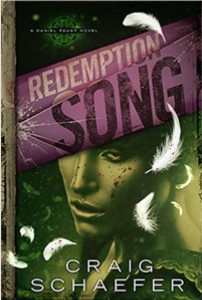
That, and the stark class divide. You can walk out of Crystals, lined with boutiques where nothing has a price tag and they bring you champagne while you browse, and pass the homeless panhandlers on the skybridge outside. Money is everywhere, money is everything, and it flows in obscene amounts or it doesn't flow at all. In other words, the perfect stomping-grounds for Faust and his gang.
Why do you love the supernatural/occult world? What draws us as writers and readers to the darker side?
There's a certain romance to it, isn't there? The idea of these vast, unseen mysteries and horrors, lurking just beyond the veil of the everyday world — and with one slip, one step to the side, you could find yourself among them. There's fear, but there's the promise of adventure, too. It certainly makes an argument with the boss or the bill for a broken-down car seem less scary by comparison.
There's also the implicit promise that if horrors are real, there's also a way to beat them. Demons can be banished, curses can be broken. That's reassuring, in a world where we're confronted with very real evils on a daily basis and so many of them seem so insurmountable.
 What are the themes that keep coming up in your writing? What obsesses you?
What are the themes that keep coming up in your writing? What obsesses you?
According to the TVTropes page for the Faust series, the universal characteristics of my novels are dominant women and gourmet food. I'd like to think I'm a bit deeper than that, but no promises.
Devotion fascinates me. What drives a person to take up another's banner, and give their all for a leader or a cause, even to the degree that this devotion becomes the core of who they are? I'm also enthralled with questions of power (what people do to get it, what they do with it, and how it changes them), and, in relation, themes of dominance and submission.
I'm also drawn to the concept of taboo: how some acts or boundaries can somehow both allure and frighten us at the same time. What happens to people who break taboos, and are they left stronger or weaker for it? Lastly, a great deal of my writing touches on the bonds of friendship and family (by blood, or by choice), and — embarrassing to admit, for a cynic — how anything is possible, when people put aside their differences and work together.
The books have some great fight scenes and explosions, definitely a thriller element. What's the most exciting thing you've done?
Non-research-related, probably scuba diving in Key West and the Cayman Islands. It helped that my instructor was a former Navy SEAL who regularly ensured I was ready for emergencies by, among other things, cutting off my air supply without warning. By the time he was done with me, I felt ready for anything. Book-research-related, I'd say it was the Haitian Vodou ritual a friendly mambo invited me to; it wasn't quite as dramatic as the magic in my books — no ghostly apparitions or walls of fire — but it was an experience that stayed with me for some time.
 What does your writing room/setup look like?
What does your writing room/setup look like?
I'm actually between writing rooms right now, staying with a friend while my new house is under construction, so mostly I work at the cluttered end of a dining-room table. I'm in Joliet, a Chicago suburb most famous for being the setting for the classic movie “The Blues Brothers” (in fact, I'm a stone's throw from the walls of the Joliet Correctional Center, which today is largely used for television and movie shoots).
Once I can move into my new place, I'll have a dedicated writing-room with space for my reference shelves, assorted inspirational curiosities, and virtual-reality gear (because every writer has to take a break sometime…)
Where can people find you and your books online?
My home on the web is www.craigschaeferbooks.com.
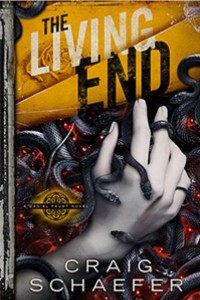
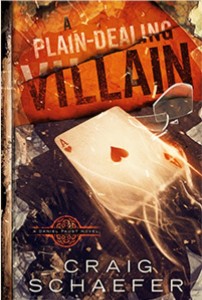
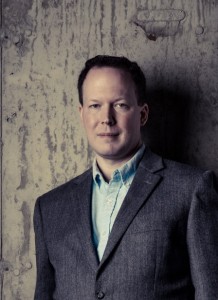
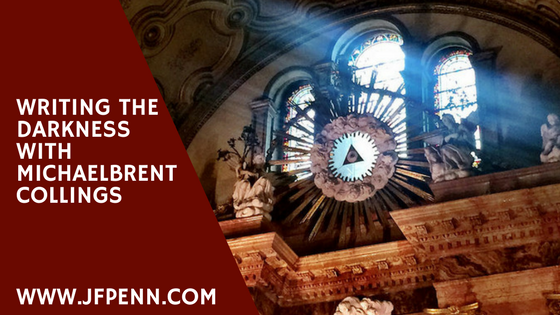
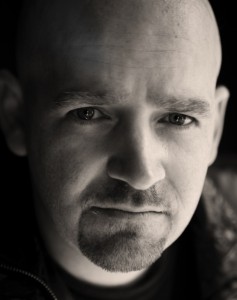 Michaelbrent Collings: Hi how are you?
Michaelbrent Collings: Hi how are you?